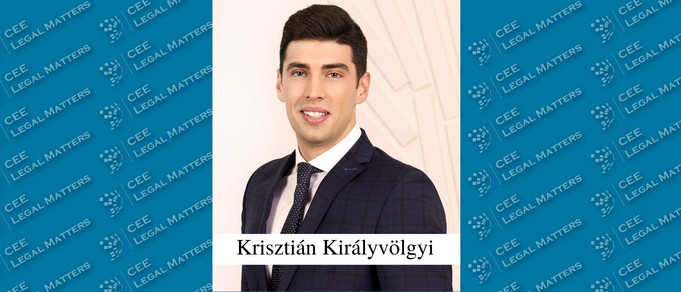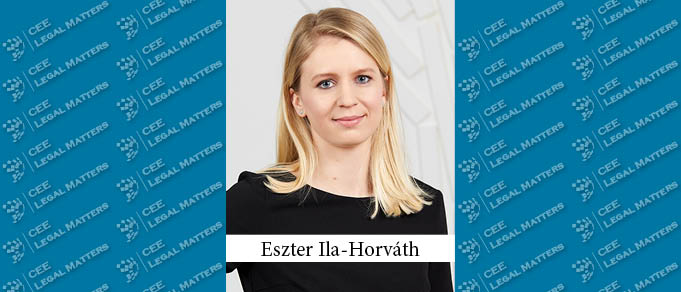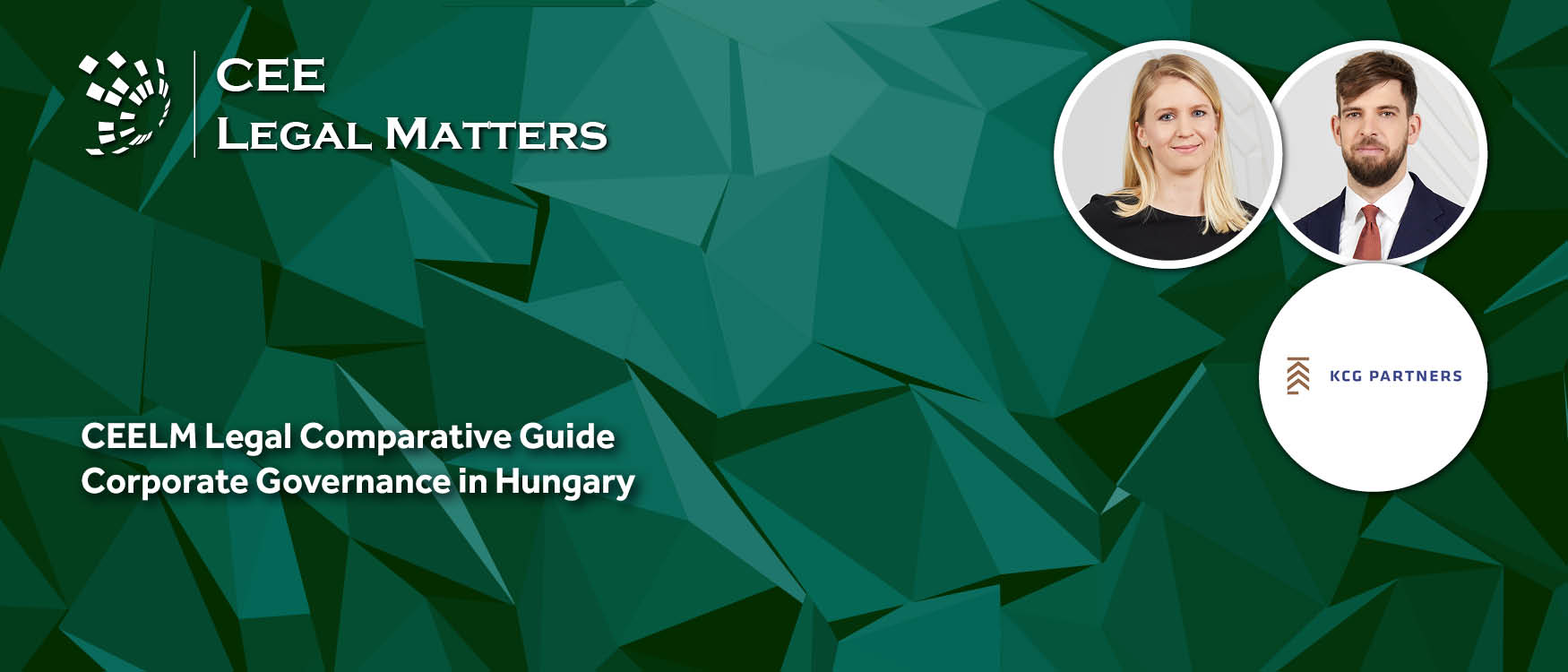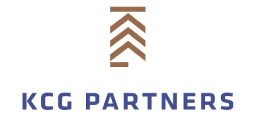The amendment to the Local Taxes Act, which entered into force on 1 January 2015, allowed local governments to levy a municipal tax on any taxable subject within their jurisdiction that is not prohibited by law and is not subject to a statutory public tax.
Grid Connection to the Public Network by Household Solar Power Systems Will Be Available Again Soon
The Hungarian renewable energy sector has recently undergone a huge development, mainly focusing on photovoltaic power plants. In Hungary, rooftop photovoltaic projects are mainly widespread among households and companies to cover their own electrical needs. These projects are so-called household power plants, which are basically micro power plants connected to the low-voltage system.
The Legislation for the Extraction of Geothermal Energy May Change
The Hungarian Government plans to further develop the regulatory framework for geothermal energy, according to the REPowerEU chapter of Hungary’s Recovery and Resilience Plan.
The Rules of the Withdrawal of Lands from Agricultural Use Have Changed
A new law amending certain acts concerning the functions of the Minister of Agriculture amended a number of agricultural acts as of 1 July 2023, including Act on the Protection of Agricultural Land.
The Constitutional Court Declared the State-Building Law Unconstitutional
On 19 July 2023, the Constitutional Court established that certain provisions of the act on public construction investments are unconstitutional, therefore it cannot enter into force as planned on 1 August 2023.
Tax Package in Hungary – A Summary of the Main Changes
The 2024 tax package bill accepted by the Hungarian Parliament on 4 July 2023, brings changes in various areas.
Busy Month in the World of Legislation: Multiple Judicial Acts Have Been Amended
Substantial changes have been introduced by Act XXXI of 2023 amending several acts on judicial matters. The new law has been passed in the beginning of June 2023, however most of its provisions enter into force at a later date.
New Provisions on Private Electronic Documents from 1 January 2024
From 1 January 2024, new provisions of the act on general rules on electronic administration and trust services (“E-administration Act”) will enter into force which aim to resolve the legal uncertainty over the interpretation of the written form of private electronic documents.
New Act on the Employment of Guest Workers
The Hungarian Parliament adopted a new act on 13 June 2023 on the employment of third-country nationals. The purpose of the new regulations is to provide a transparent and unified background for the employment of guest workers coming to Hungary from outside the EU. The new act does not affect the employment of EU nationals and citizens of Ukraine and Serbia in Hungary.
New Rules on Energy Performance Certificates Will Apply from November 2023
According to the legislation in force in Hungary, when entering into a sale or lease contract of a real property, the buyer or tenant must declare in the contract that he/she has received a document called energy performance certificate (“EPC”) which certifies the energy performance rating of the property and EPC’s unique identification number shall be included in the contract.
Do Not Act out of Habit - the New Provisions on Probation Period
Although probation may be one of the most well-known legal institutes of the Labour Code and is a standard element of the employment agreements, the latest amendment of the Labour Code will make the parties pay more attention to their related statements.
Tax Burden Doubled on Interests in Hungary
From 1 July 2023, the interest income of natural persons will also be subject to a 13% social contribution tax. This means that - inter alia - interest on deposit accounts, together with personal income tax, will be subject to a total of 28% tax rate.
The Preferential Tax Advantage of Hungarian Trusts Is to Be Abolished
A recently published government bill plans to modify the Hungarian personal income tax law by abolishing significant tax advantages associated with Hungarian trusts in a short period of time.
Capital Markets in Hungary
Contributed by KCG Partners.
Corporate Governance in Hungary
Contributed by KCG Partners.
Employment Considerations in a COVID-19 World: A Hungarian Round Table
On October 7, six leading labor lawyers in Hungary sat down for a virtual round table moderated by CEE Legal Matters Managing Editor Radu Cotarcea. The conversation focused on the current state of affairs of labor regulations in Hungary and their evolution over the pandemic-marked last few months.
Developments in Development: A Hungarian Round Table
The Hungarian real estate and housing market is experiencing golden days. Although the market took a serious hit during the financial crisis in 2008, today enormous sums are again being invested in office buildings, shopping malls, hotels, residential areas, and retail. In order to map the underlying reasons behind the market’s boom, and to better understand how the country is dealing with the high demand for development lands and properties, CEE Legal Matters sat down with six Hungarian lawyers specialized in Real Estate & Construction and a Legal Counsel from Prologis, a Real Estate & Supply Chain Logistics company.
Real Estate Experts Gather for CEELM Round Table in Budapest
On Thursday, April 19, 2018, CEE Legal Matters hosted a round table discussion at the Dentons office in Budapest with leading real estate experts in the market.













